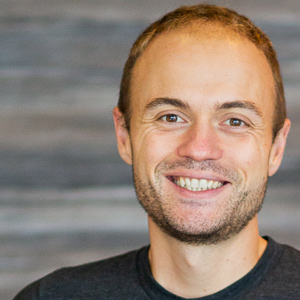Justin Searls
-
Stateless forms with the Rails Attributes API
Building a form in Rails that ISN'T driven by an ActiveRecord model? Here's how to use the Attributes API to get all the convenience with none of the complexity. -
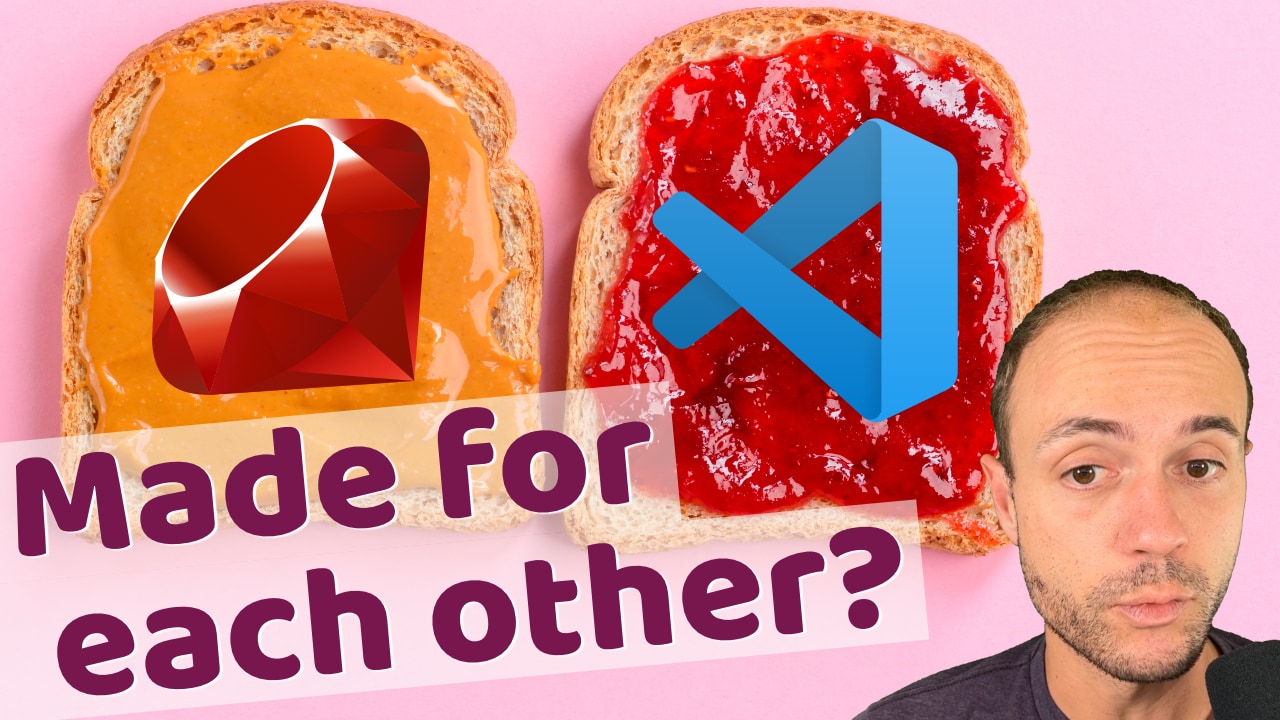
-
Handling Heroku's new "heroku_ext" schema for Postgres extensions
Heroku recently made a change that requires all Postgres extensions to be created inside a special "heroku_ext" schema. Here's how to migrate your app. -
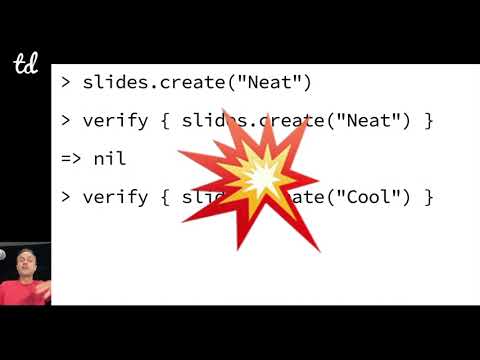
-
How to fake time in a Postgres database
Mocking or freezing time when testing your application? Ruby and JavaScript make it easy … until your database is involved. Here's a way to time travel in Postgres! -
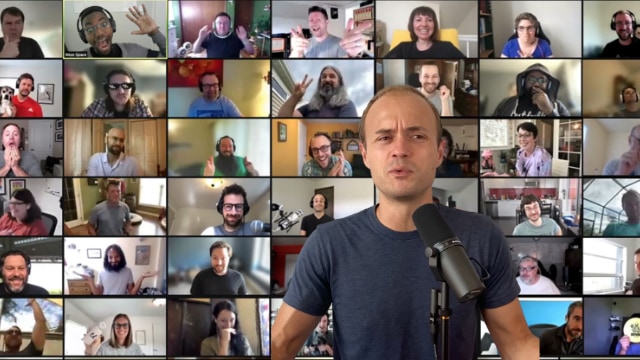
-
How to remove UTM Query Parameters from your URLs
Need to track your marketing campaign in web analytics, but want to keep your site's URLs looking clean? Here's all you need to do. -
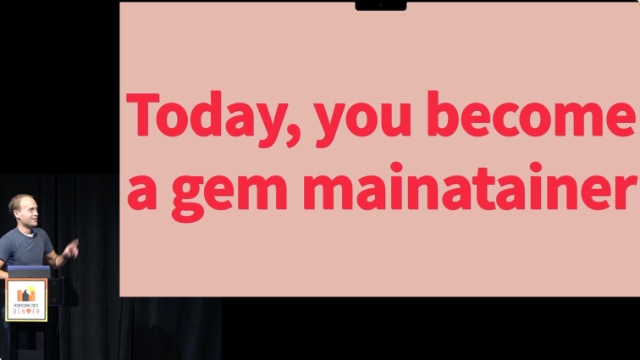
-
10 amazing years building great teams and great software
Test Double Co-founders Todd Kaufman and Justin Searls reflect on the first 10 years building great software and great teams, plus what’s ahead in the future. -
How to build a search engine with Ruby on Rails
Implementing search in your Rails app can be vexing. Here's a great pattern to use that combines the best parts of ActiveRecord and Postgres.
